2500+
Successful Projects
Today, everyone is aware of mobile apps and use it on a minute to minute basis for accomplishing various tasks. Users are more used to shopping anytime or anywhere via shopping apps where they also save money through attractive discounts. As per the mobile app development market statistics during 2018 the worldwide market size scenario was valued at $106.27 billion. Projected estimations for 2023 expect the mobile app market to reach $935.2 billion in revenue.
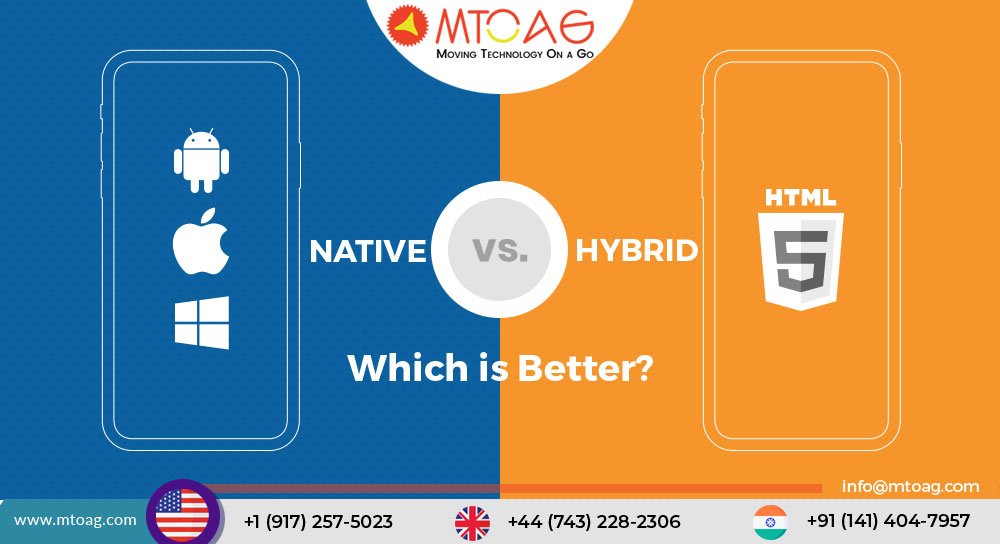
Businesses have been smart enough to get their business apps created to scale up profit ratios. When looking to get an app developed for your business, a juncture conjures upwith two avenues for app development.Businesses need to choose between native app development or cross-platform mobile app development. They can hire React JS developers for cross platform development.
The mobile app development trend has gradually traversed towards cross platform development due to many factors. This article sheds light on the major differences between native and cross platform mobile app development.
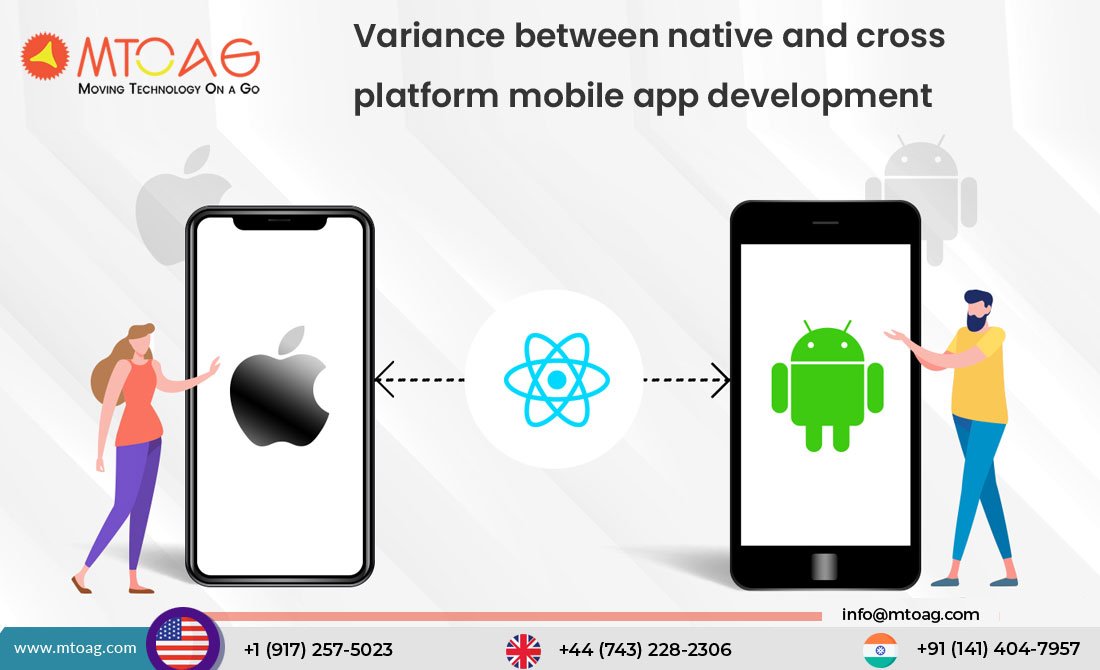
One of the major issues that developers have is writing separate code bases for each native apps platform. Cross platform mobile app development provides a prolific alternate while maintaining the native SDKs sans any loss of user experience.
Mobile apps are segregated into two major categories – native apps or cross-platform apps. A native mobile app can operate solely on the platform it has been built for. It has free access to utilize the native resources such as GPS, camera etc. in the device. The cross-platform app can be downloaded and used on different platforms, but it requires access of native resources before using.
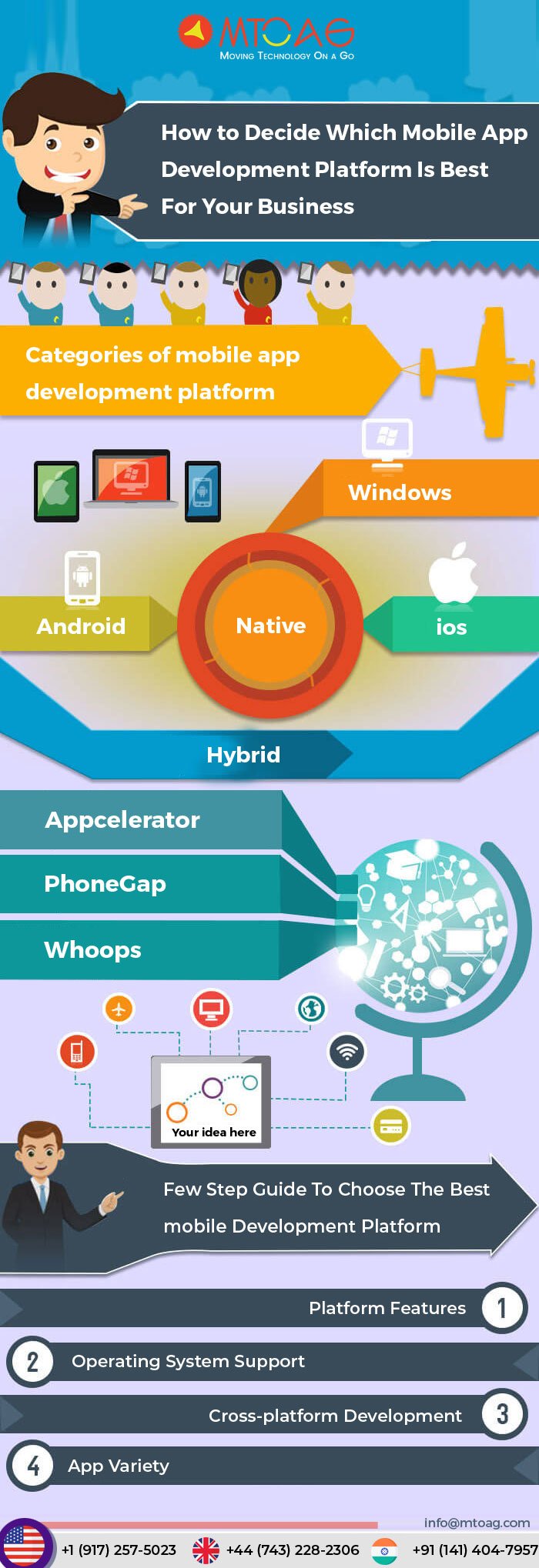
Each native mobile app requires code to be written from scratch due to sporting particular IDE for each mobile platform. This is time consuming when the business is targeting multi mobile platform development for its app. Cross platform development can share nearly 80% of the same written code which speeds up the development process.
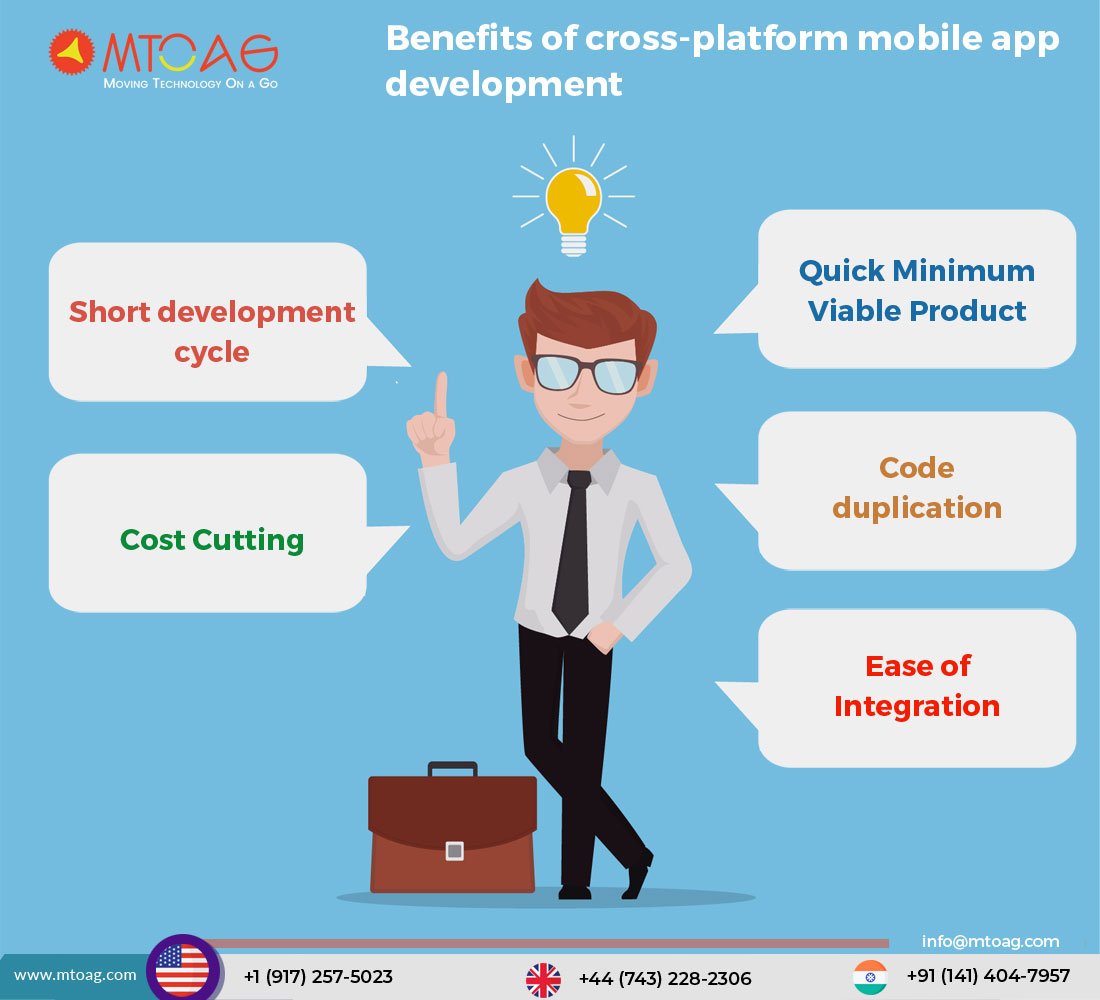
Cross platform mobile app development has many benefits when you decide to create your apps with it. Cross platform mobile app development works on the simple basics of HTML, CSS and JavaScript. Hence, your current team would be well versed in these technologies and can start working immediately on it.
Developers need to write a single code base in cross platform mobile app development which can be utilized on multi platforms. As the code structure is similar, up to 80% code can be reused for different mobile platform development. This speeds up the app development process and deployment time is radically lessened.
Since the code is reusable, development time is lessened which invariably relates to money savings. The app development engineers optimum usage of resources which further brings down development costs. Businesses can streamline the saved funds for reaching out to larger audiences.
Read More: How to Develop a Widget for Android Platform
The common code base involved in cross-platform development can launch a MVP at a much faster pace for multiple platforms. Once the minimum viable product launches successfully, the other relevant features can be added.
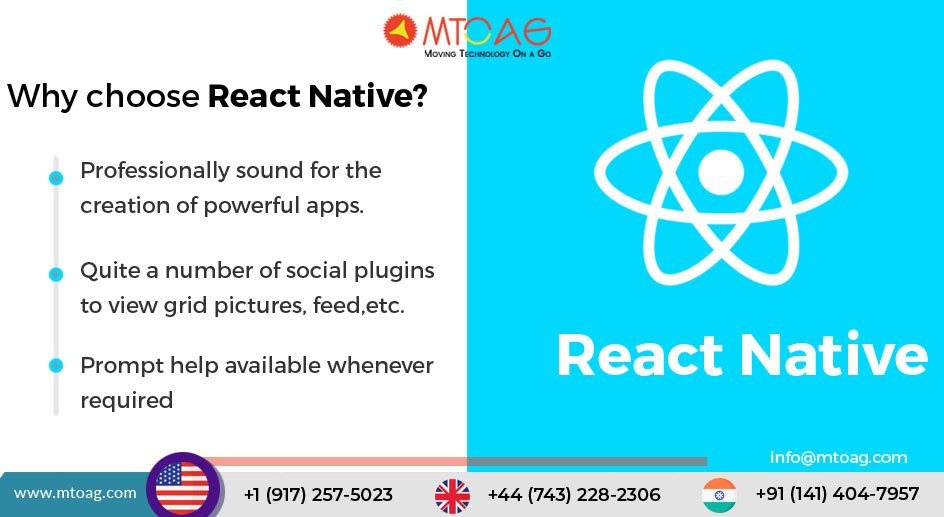
During native app development lots of fragmented code is generated, whereas with cross platform apps it is not so. The single code base which is written is reusable with the debugging functionality added directly to the same code base.
Cross platform mobile app integration is easily supportable with the cloud environment.
Cross platform app development has its core in HTML5, CSS3, and JavaScript. Together they have reinvented the vista of app development landscape.
HTML is beneficial for cross platform development because of some interesting features:

React Native is basically a JavaScript code library that makes mobile app development real fast. It is a popular framework and the open source community supports it extensively. You can easily hire dedicated React JS developers in the market today. React Native UI elements are easily applied to the code without the hassle of rewriting it again. Some of the renowned apps are Flipkart, Uber, Facebook Messenger, Amazon Prime, Instagram to name a few.
Xamarin is an enterprise ready cross platform mobile app development tool. Developers can use native libraries combined with C# and .Net as it is integrated with SDK of various mobile platforms. Xamarin is a trusted tool amongst the developer community because being at the core it avoids bug issues radically. This helps to shorten the development time in cross platform development immensely. The app code is only written once and reusable on various mobile platforms, thus eradicating possibilities of occurrence of platform sensitive bugs.
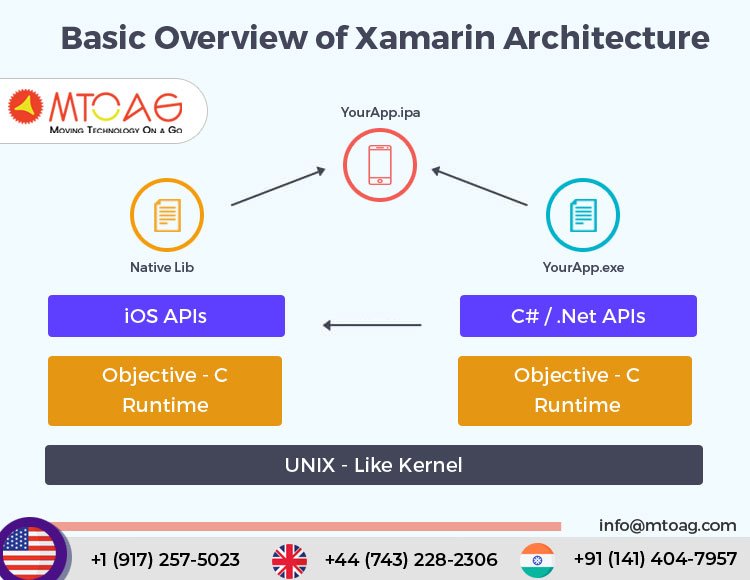
Flutter apps are trending in the Android and iOS cross platform mobile app development market today. One can get platform specific UI design features as well as be able to create plugins. ‘Code Once, Deploy Twice’ has become Flutter’s brand image. Flutter came into existence in May 2017 and is backed by Google. Dart source code is compiled to native code that imparts the possibilities of using platform specific SDKs and APIs natively. Flutter’s Hot Reload feature helps to directly inject changes to the app’s source code at runtime, bypassing recompiling it. The app state is retained, and one can code as well as interact with the app at the same time. Developers can create beautiful native apps fast. You can hire NodeJS developer for your backend.

Titanium is another tool that supports Android and iOS native cross platform mobile app development. The code base is compassed into native code to allow usage of native features of iOS and Android but with a limitation cap. Mobile apps made with titanium are more responsive and flexible. The titanium code converts UI components to native UI components by using APIs for a smoother native experience. Titanium documentation is accessible in detail which helps in rolling out of apps speedily. The tool is dependent on APIs making it a common tool for app development and hence lacks in core strength.
PhoneGap uses JavaScript for utilizing the mobile’s native features and can develop user-friendly mobile apps using cross platform development. It is a web platform and generally considered as a distribution of Apache Cordova. PhoneGap has exceptional customization capabilities as it is compatible with multiple platforms such as iOS, Android, Blackberry, Windows to name a few.

Though native apps have better aspects in comparison to cross platform development, it’s time / money that rule the day. It is evident that cross platform development is apt for gaining excellent ROI with savings of development time and money. The choice is open to you. You can even hire dedicated ReactJS developers to get the development work done for you. A top website development company is the thing that you should make do with.